MURFREESBORO, Tenn. — Middle Tennessee State University Interior Architecture professor Kristi Julian is part of a five-country team of college educators who received a prestigious European Union award for a student-focused globally connected digital project.
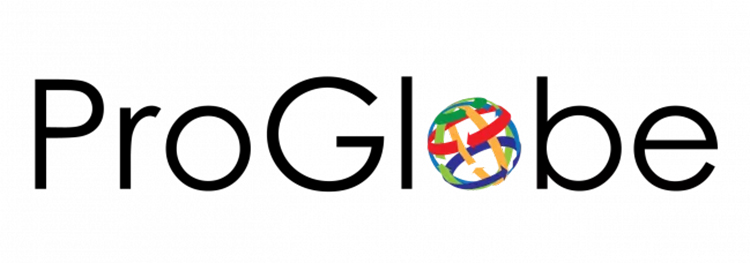
Digital Project-Based Learning: Promoting the Global Exchange of Ideas on Sustainable Goals, Practices, and Cultural Diversity, or ProGlobe, received the European Language Label for Innovative Initiatives in Language Teaching/Learning for the year 2022.
“The reason I think this is so huge is this is a 27-country European Union project we have been doing for 10 years,” said Julian, whose ProGlobe team members include Regina C. Brautlacht and Anne Fries from Germany, Hao Chen of China, Paula Fonseca and Lurdes Martins from Portugal, and Wendi Hulme from Canada.
The award ceremony took place Sept. 26 during the European Day of Languages at the Goethe Institute in Lisbon, Portugal, where Martins and Fonseca accepted the award on behalf of the team.
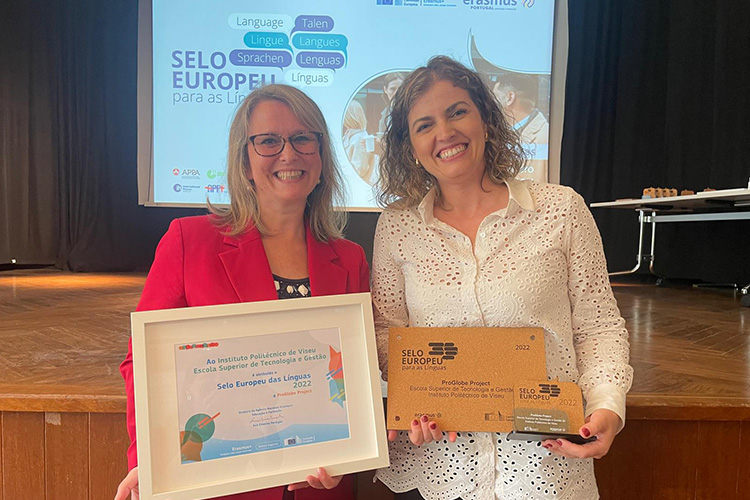
The European Language Label is awarded annually by the Erasmus+ National Agencies, operated by the European Union’s executive body, the European Commission. The award is given to the most innovative projects that encourage the development of new techniques and initiatives in the field of language learning and teaching.
The European Union award comes on the heels of a $450,000 grant the program received in 2022 from the German Academic Exchange (Deutscher Akademischer Austauschdienst), also known as the DAAD, to fund the annual project.
A portion of the grant funding goes to pay for curriculum materials and online communication platforms for participating students. Julian also hopes to take a group of ProGlobe students from MTSU to Germany and China later this year using a combination of grants from MTSU sources, including MTSU’s Office of International Affairs, and DAAD.
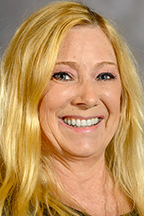
Julian co-founded the global project in 2014 with Brautlacht, who is the commissioner for Global Digital Learning and lecturer in English and Business Communication at Bonn-Rhein-Sieg University of Applied Sciences in Germany. The two met at a conference and formed an alliance that Julian believes was an answer to prayer.
Initially, the project was named the German-American Sustainability Project, or GASP. Once Julian came on board at MTSU in 2019, they joined with more countries, expanded the program and renamed it ProGlobe.
“Other institutions wanted to learn how MTSU does experiential learning,” said Julian, who teaches interior architecture in the Department of Human Sciences within the College of Behavioral and Health Sciences.
Collaboration on a global scale
ProGlobe is a way to encourage communication among different countries to raise awareness on the impact of environmental and social issues, she explained. The project is also an Experiential Learning, or EXL, program, which provides students with opportunities for hands-on experience in their fields of study.
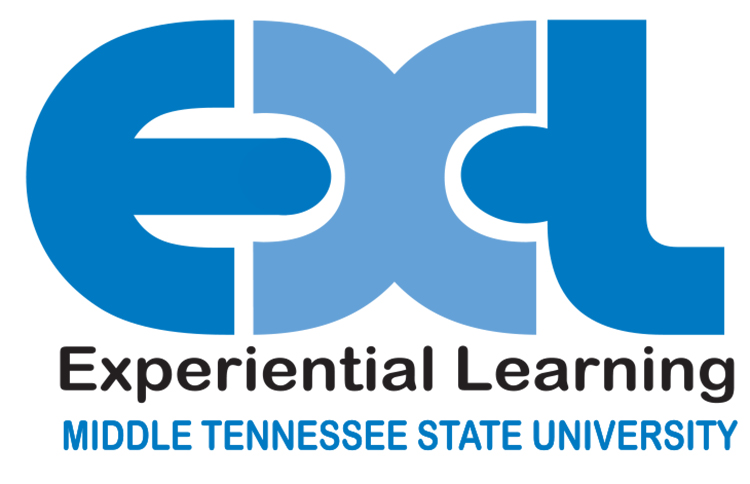
“In this project, students evaluate, discuss and reflect on their own sustainable practices. Its aim is to offer students the opportunity to work in a global context to understand global issues from different cultural perspectives and work against misconceptions and generalizations,” Julian said.
In simple terms, students from five countries connect digitally to explore how environmental and social challenges impact their lives and careers. Students within varying time zones must coordinate virtual meeting times to examine issues related to the chosen topic for each academic year.
Through collaboration and reflection, participating students from a variety of majors and disciplines examine ways to solve issues related to sustainability practices in the areas of energy consumption, transportation, water, waste, food scarcity, and diversity and inclusion — showcasing diverse perspectives and sustainable practices from across the globe.
“It is such a flexible program that can be used in a variety of courses and modalities,” Julian said. “We designed it to be used in business, marketing, codes — a lot of human-centered courses.”
MTSU student: ‘We have the same goals’
ProGlobe student Cora McDuffee, a junior interior architecture student from Ashland City, served as the main communicator for the entire project at MTSU. The class broke up into smaller groups and McDuffee connected with students in Germany and Canada. Her group’s focus was inclusivity.
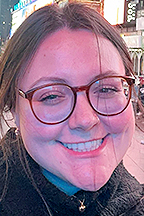
“We talked about different sustainability practices because it plays a big role in commercial and residential design. So we talked about what that looks like in other countries,” McDuffee explained.
She learned both Canada and Germany have similar regulated accessibility guidelines for those with physical challenges. And there’s a big push to have more racial and gender diversity in workplace settings.
“It’s really neat to get to talk to students from other countries,” McDuffee said. “There’s a general understanding between each country. We have different backgrounds, but generally we had the same goals, the same ideas and the same familiarity with the topics.”
Julian hopes to garner enough grant funding to take some of the students to Germany and China. And McDuffee is already making plans to meet some of the fellow project students based there.
“We get a global perspective from every country and learn how we can work together internationally to solve these global issues of sustainability,” Julian said. “It really changes their lives and their perspective of the world.”
— Nancy DeGennaro (Nancy.DeGennaro@mtsu.edu)


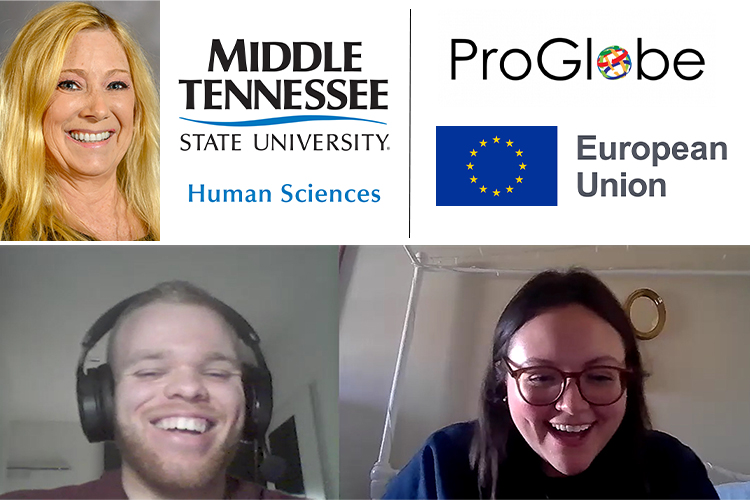
COMMENTS ARE OFF THIS POST